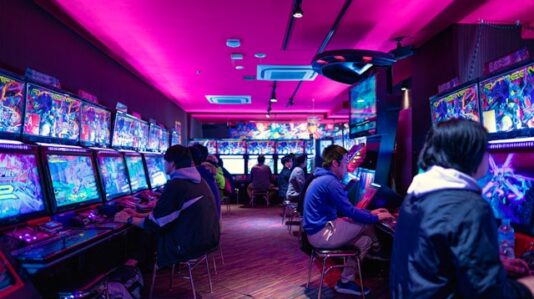Generative AI companies have been repeatedly sued by various creators and content owners alleging that their ingesting millions of copyrighted works without to train their applications, infringes creators section 106 rights. Recognizing the potential for this new technology while safeguarding creators’ rights, the Authors Guild has recently proposed offering blanket licenses to AI companies for using copyrighted materials in their training processes and allowing their applications to reference works in outputs, such as creating works in the style of a particular author. This new scheme, while familiar in part to other industries, could provide an additional and lucrative revenue source while allowing authors to retain control over how their works are used.
What is the Authors Guild?
The Authors Guild is an advocacy organization, representing the concerns of authors in the United States. Most of the Guild’s work addresses issues like copyright protection, fair compensation, and freedom of expression.
Authors Guild v OpenAI Lawsuit
The blanket license proposal stems from the Authors Guild v OpenAI case, where OpenAI faces allegations of copyright infringement for using the Guild’s members’ works to train large language models. The Guild claims that OpenAI developers used pirated copies of copyrighted material for training the ChatGPT app. The Authors Guild also raised concerns about how ChatGPT prompts could generate new works in the style of specific authors. One example is when a user asked ChatGPT to generate new entries into the Game of Thrones series, a work by George R.R. Martin, who is actively involved in the lawsuit.
What is a Blanket License?
A blanket license grants permission to use a collection or specific category of works without the need for individual permissions for each use. Rather than negotiating separate licenses for each piece of content with different owners, a blanket license enables the licensee to use a set of works for a specified purpose or within defined parameters. This licensing model is prevalent in various industries, such as music, where negotiating individual agreements to publicly perform every piece of music is highly impractical.
How Are Blanket Licenses Used in the Music Industry?
In music, blanket licenses can be purchased through Performance Rights Organizations (PROs) like ASCAP, BMI, SESAC, and others. These organizations act as intermediaries between music creators (songwriters, composers, and publishers) and entities that publicly perform their music, such as radio and TV stations, streaming services, arenas, concert halls and nightclubs. Instead of negotiating individual licenses for each song, businesses pay fees to the PROs, which then aggregate and distribute these fees as royalties to the respective rights holders. Using sophisticated tracking systems, PROs monitor where and how the music is used, providing compensation for creators in the public performance of their works.
Could a Blanket License Scheme Work in the Publishing Industry?
The PROs may provide a model for a blanket licensing system in the book world. Several music industry rights organizations were founded by advocacy groups akin to the Authors Guild. The Harry Fox Agency, a mechanical licensing rights organization was founded by the National Music Publishers Association, an advocacy group for music publishers. Similarly, SoundExchange, which functions as a PRO for public performing rights in master recordings, started as an arm of the Recording Industry Association of America (RIAA), the entity that advocates on behalf of the major labels. In both cases, the advocacy group founded a rights organization which was later spun off to be its own entity.
The Authors Guild may follow in the footsteps of such organizations, creating a new entity to administer licenses generative AI companies and potentially other users. The Guild has stated that 38% of its membership has expressed interest in opting into a blanket license program. However, challenges relating to compensation structures and enforcement need resolution before the program can be rolled out.
Conclusion
The Authors Guild’s exploration of a blanket licensing of generative AI companies may provide a resolution to numerous lawsuits that could benefit both the creative community and the AI companies. The potential creation of a new blanket licensing entity has more than one hundred years of music licensing to look to for guidance.





